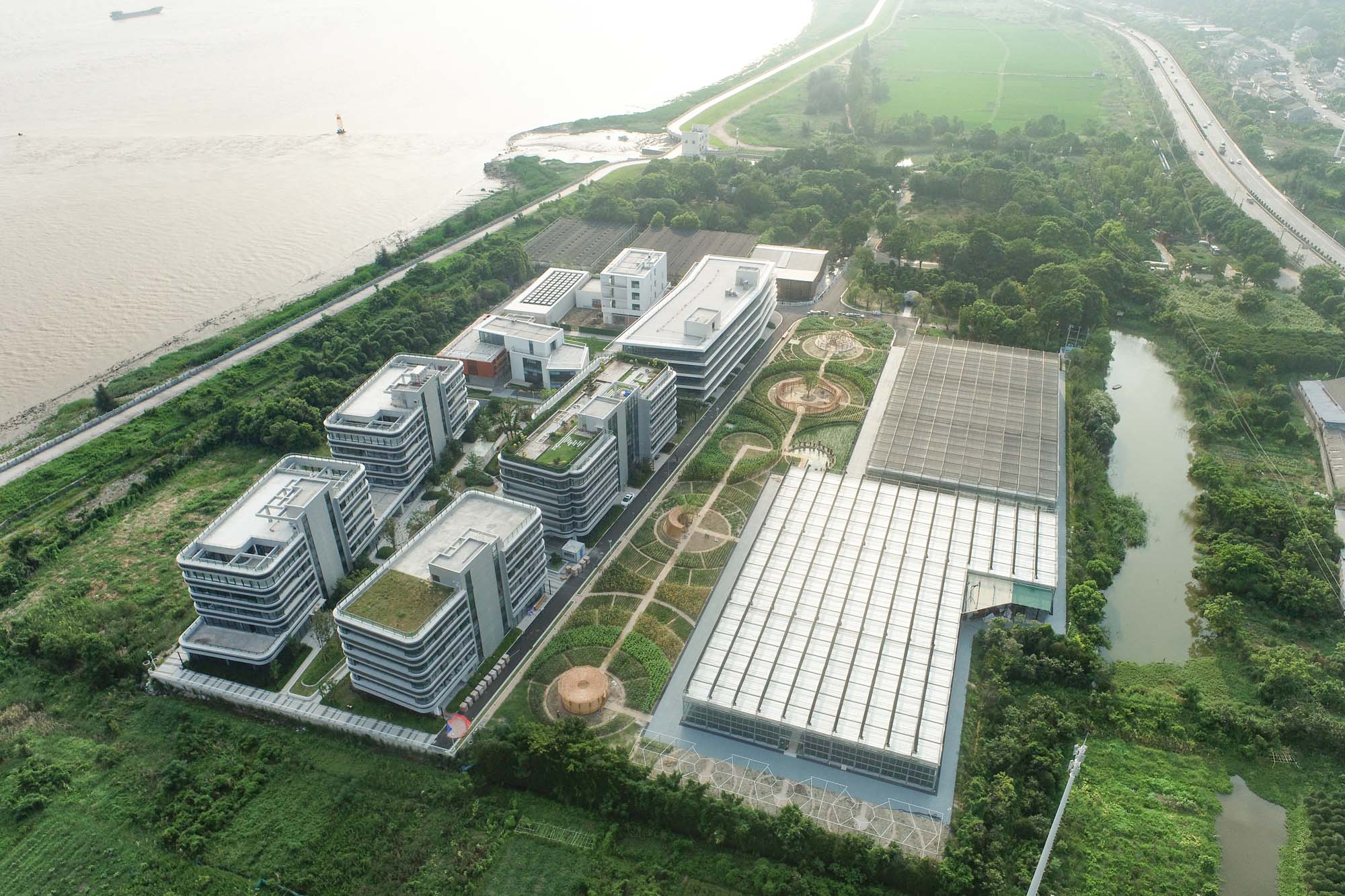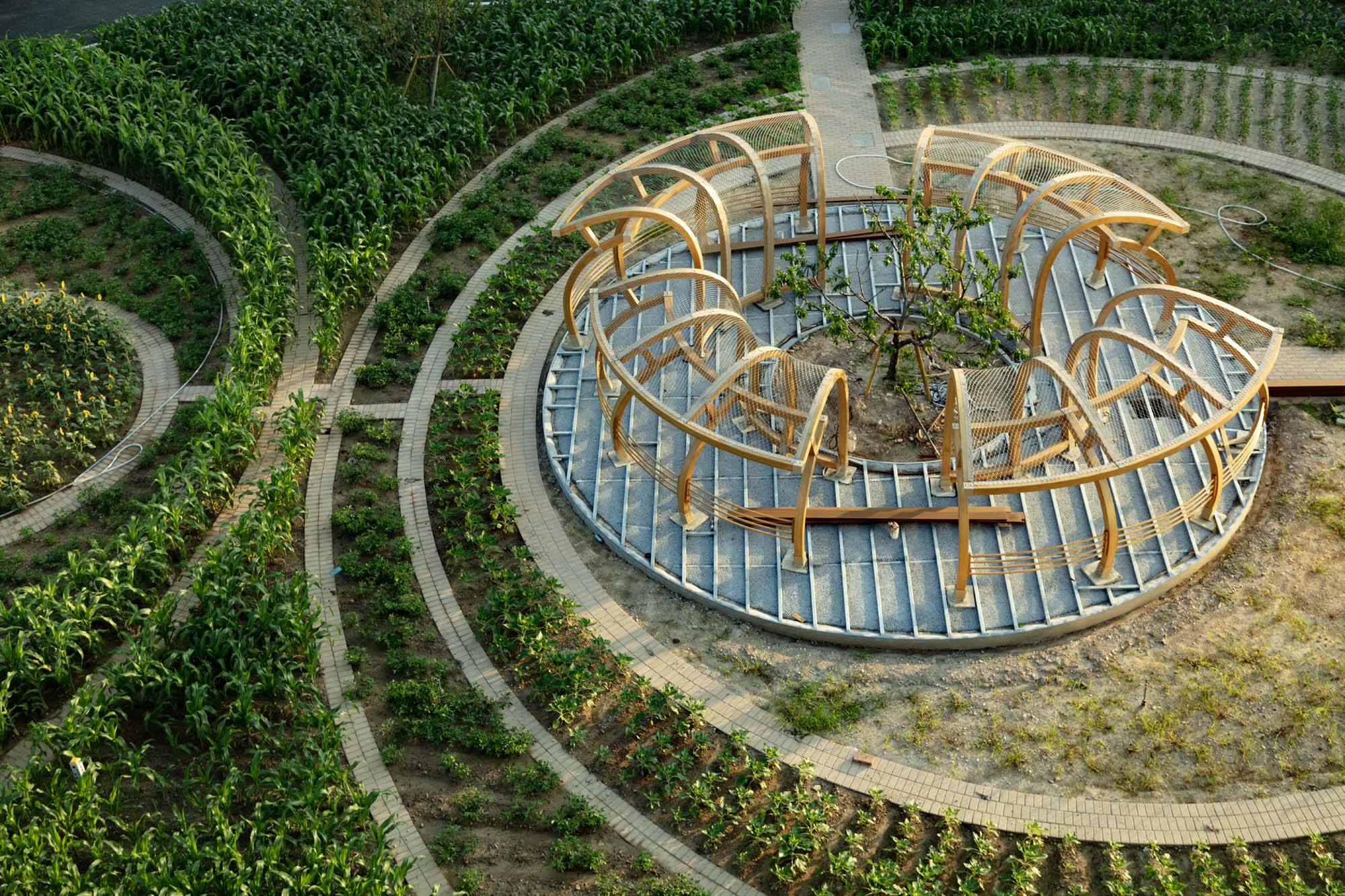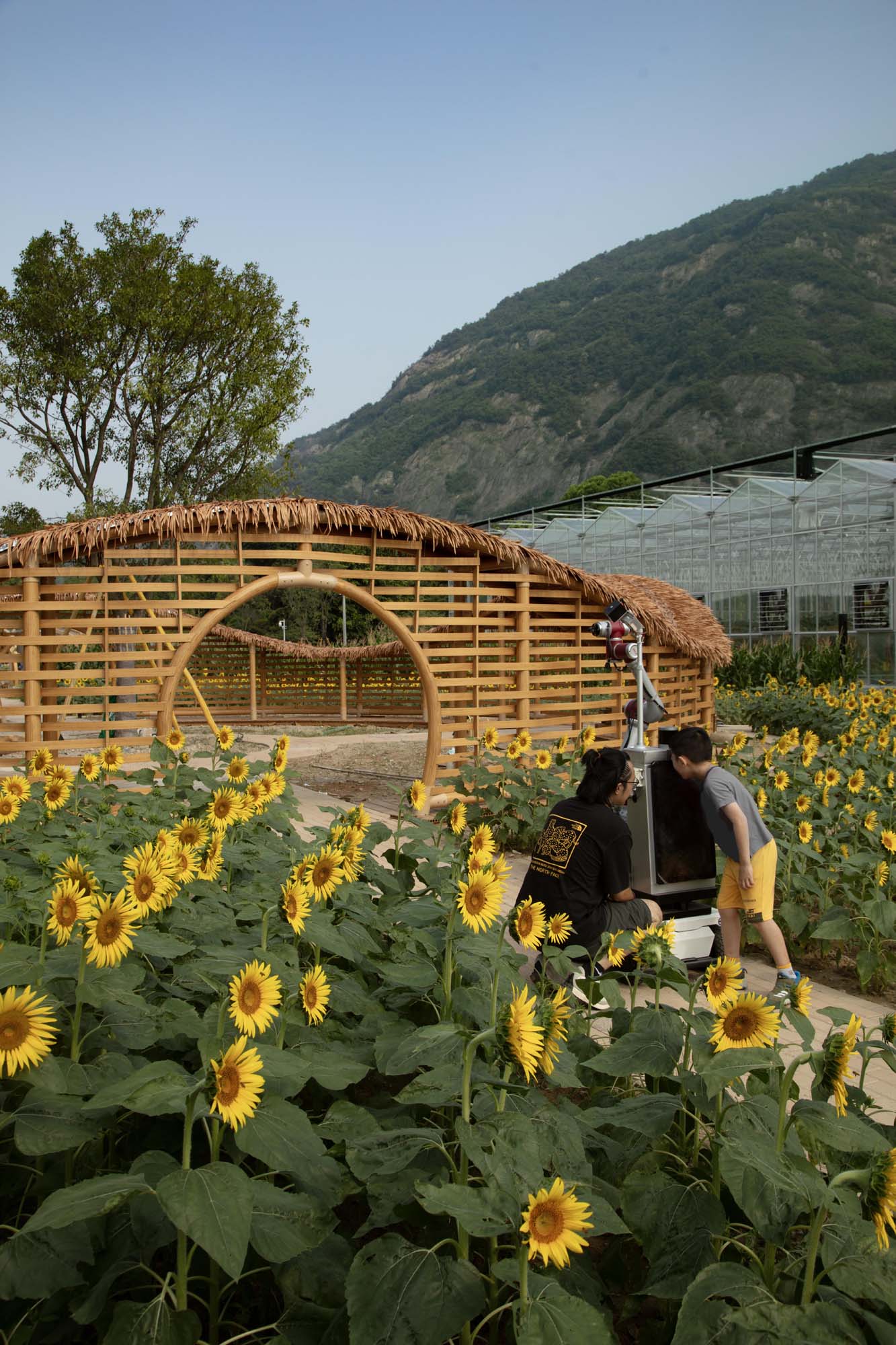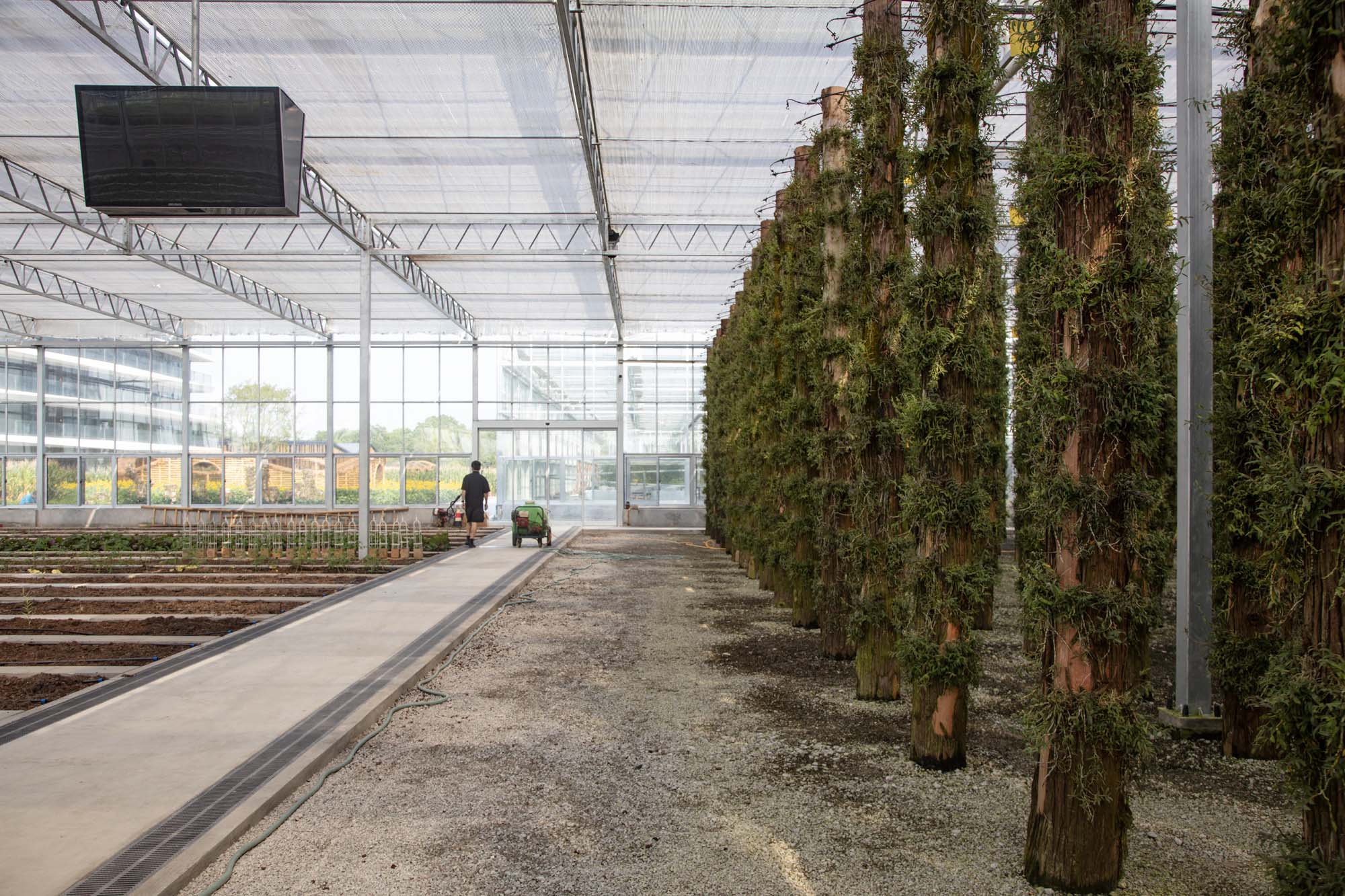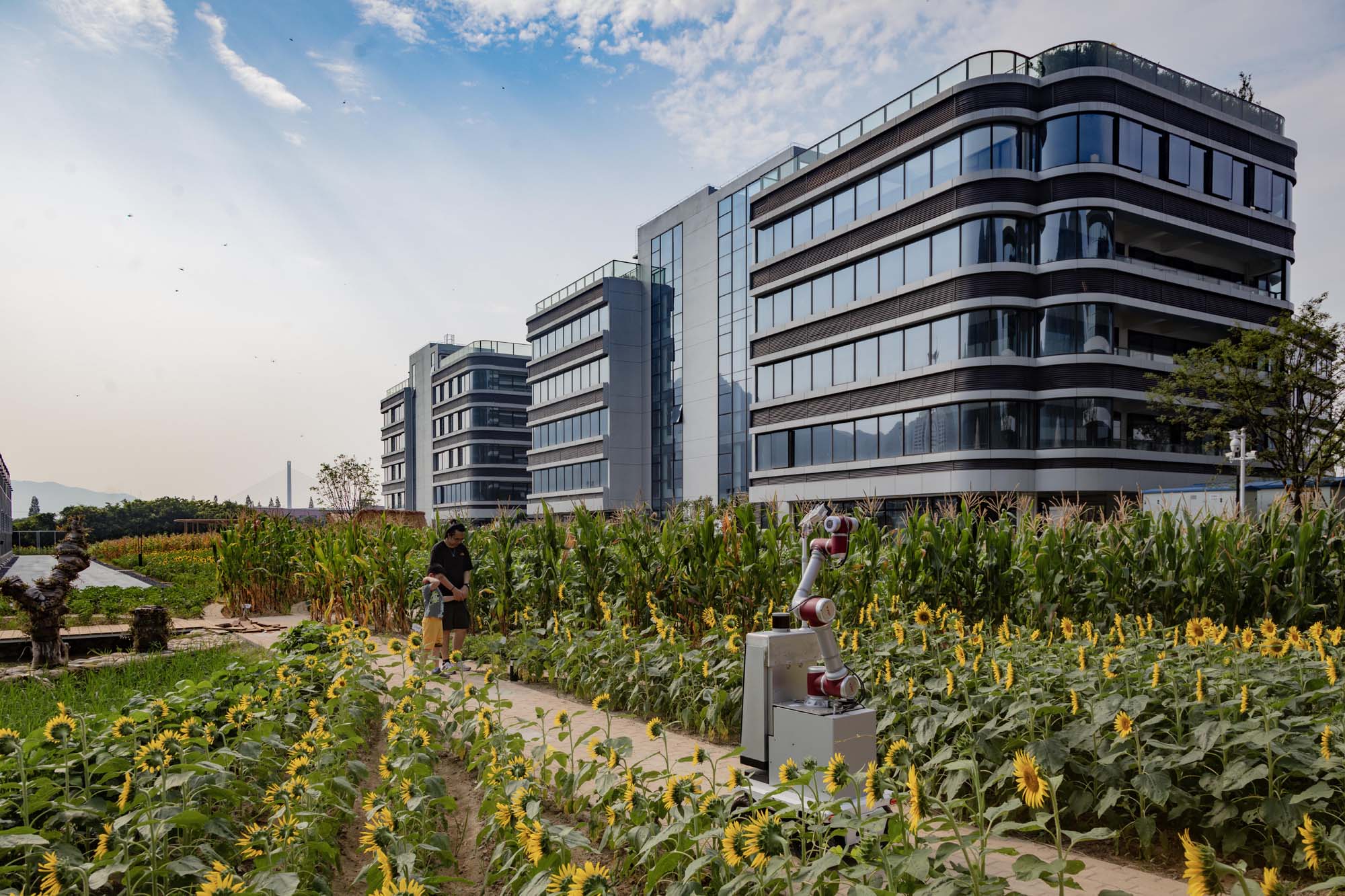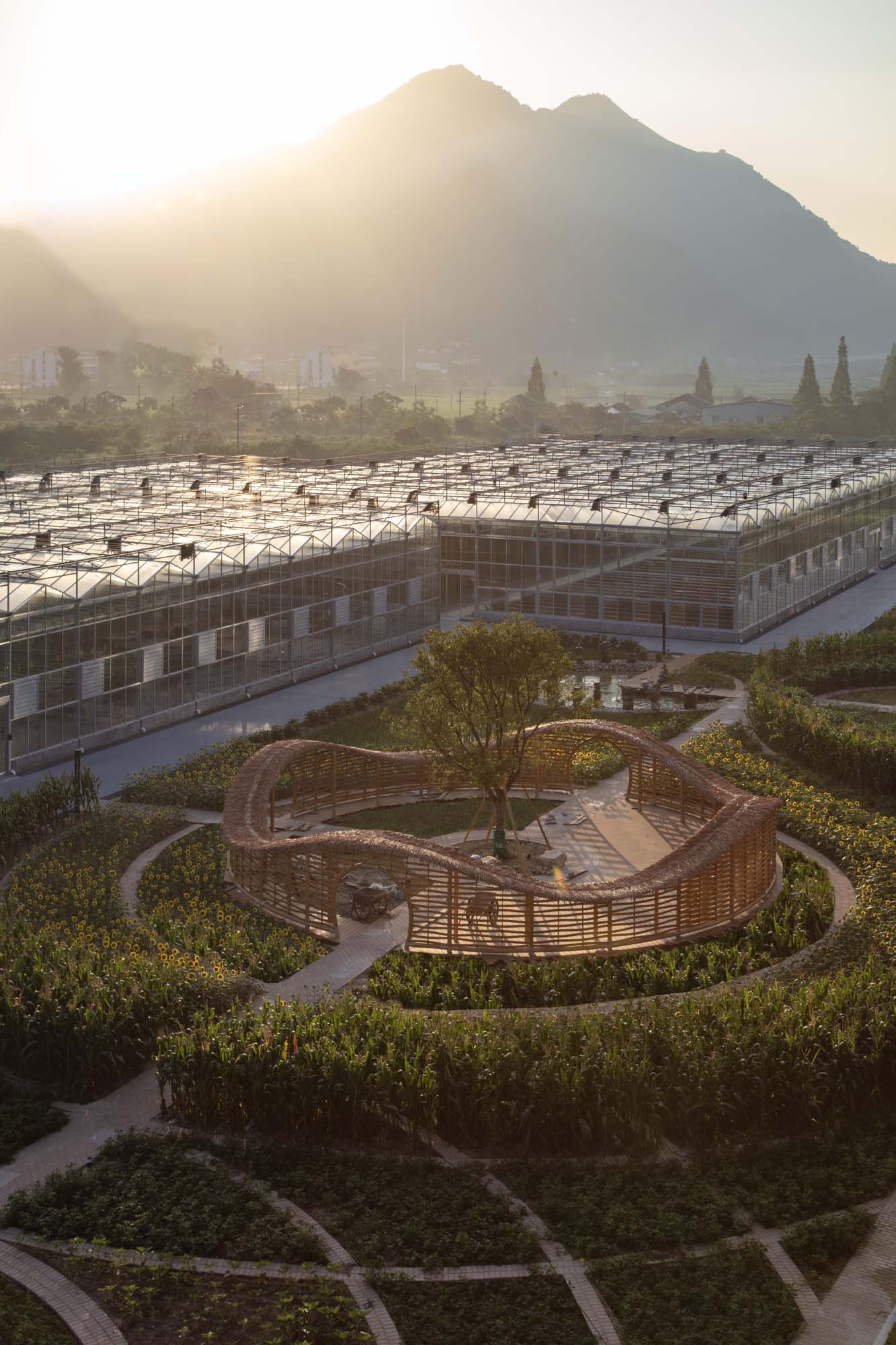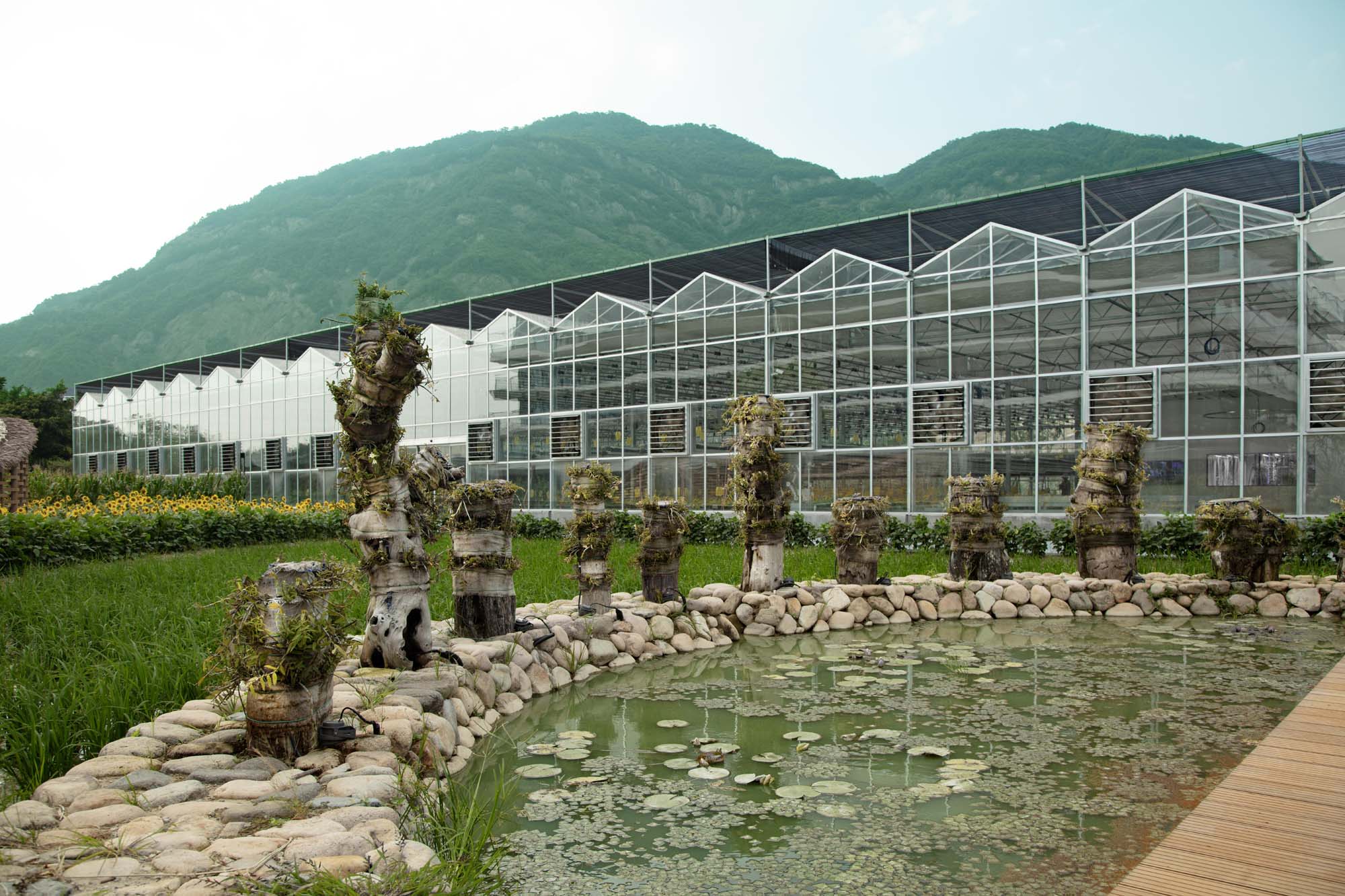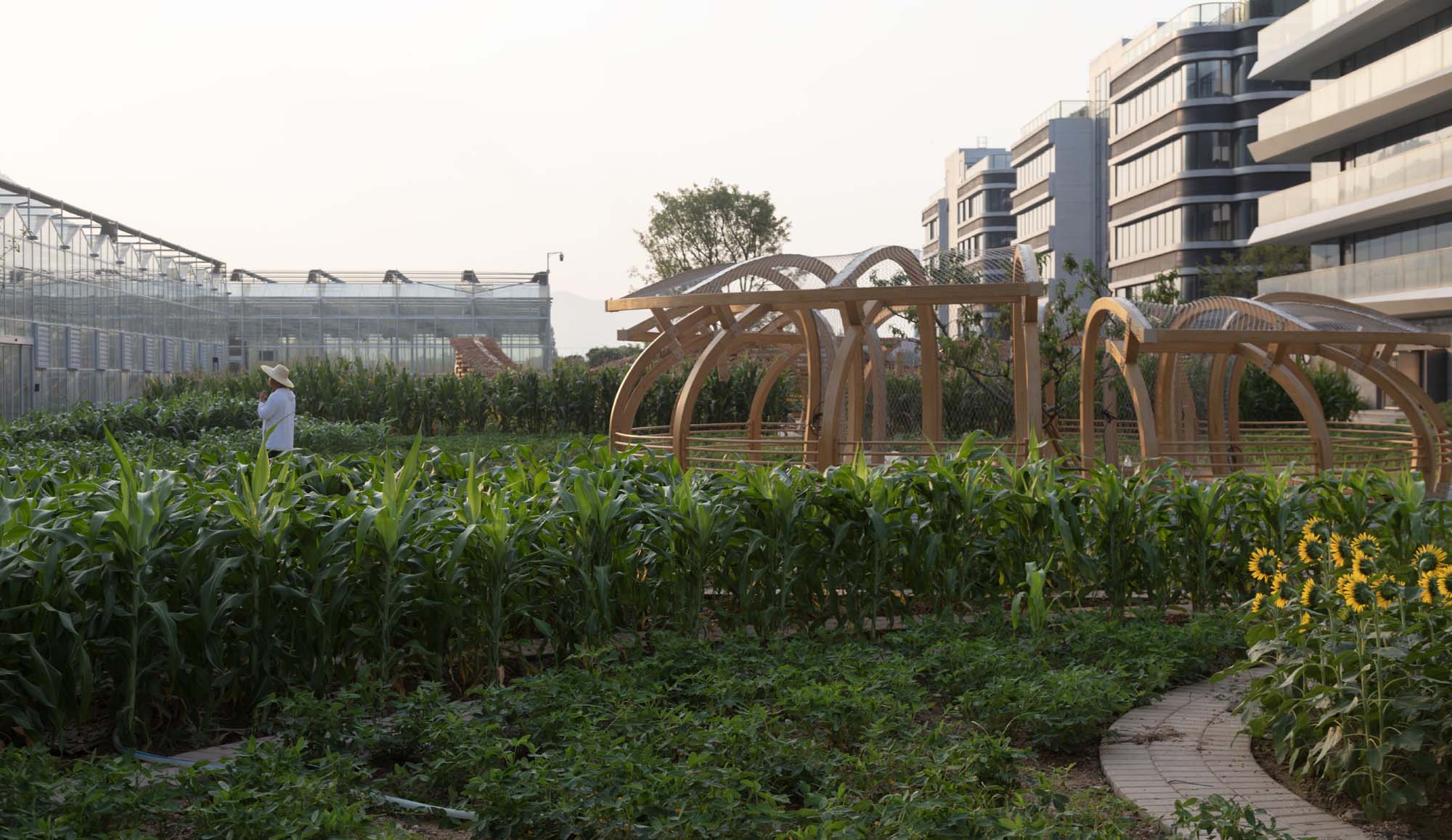Farming + Education
Yuanye Li Microfarm is an educational facility that seamlessly integrates education, agriculture, and technology. We believe that farming not only serves as a valuable tool for teaching children about history and environmental challenges but also offers an opportunity for them to explore sustainable living on Earth and beyond.
The farm is designed with salvaged materials and mass timber to reduce embodied carbon. Together with other sustainable measures to reduce operation carbon. The project aims to set a template of net zero education.
Through technology and education, we aim to train the next generation of farmers with sustainability in focus.
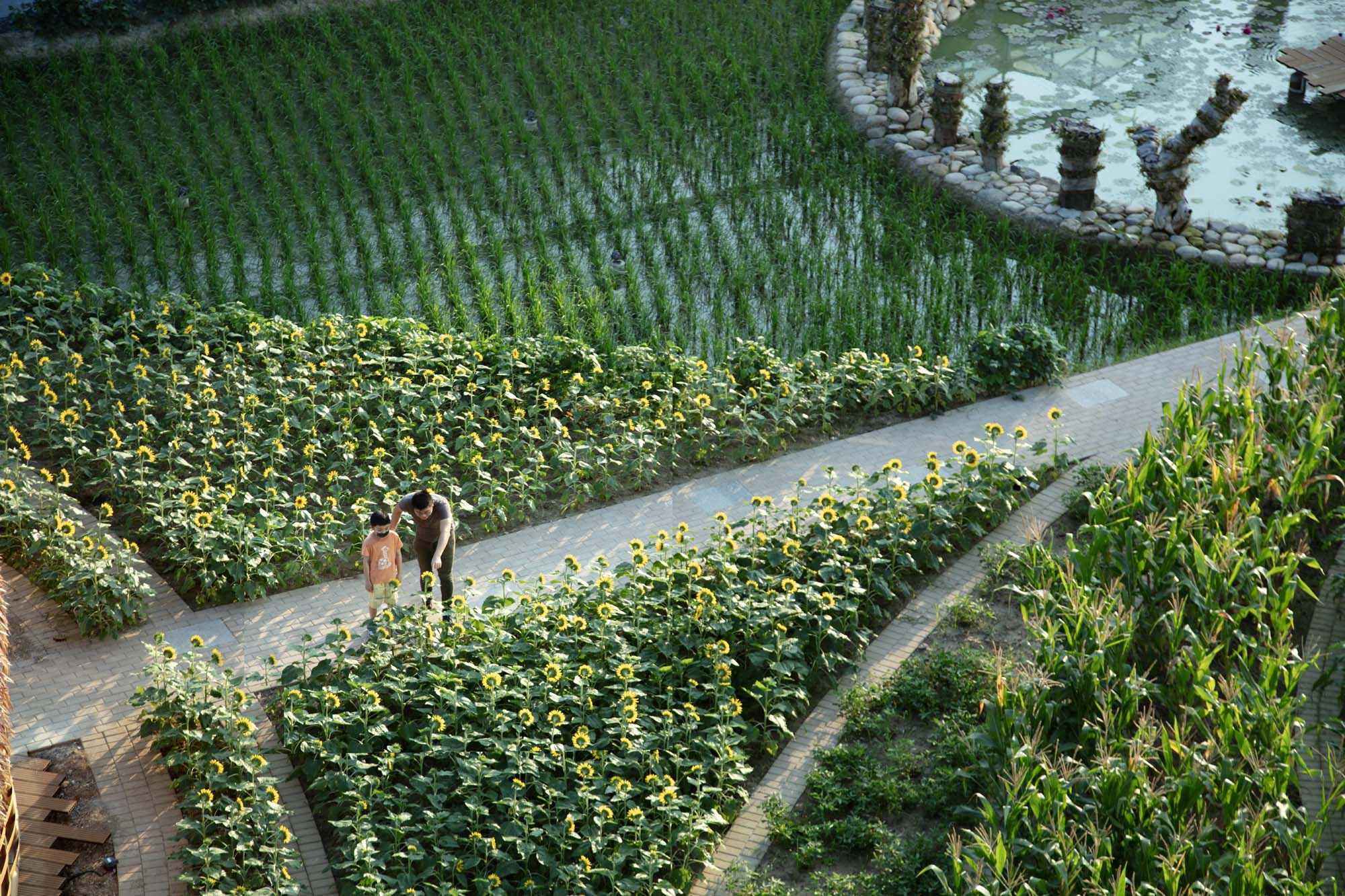
Our farming Objectives
The Yuanye Li Microfarm project aims to enhance children’s agricultural experience through an enriched hands-on education encompassing farming, technology, history, and sustainability. Our goal is to elevate the perception of farming as a profession and inspire more students to pursue studies in agriculture.
Given the current demographic trends in China, where the average age of farmers is 53 years old, it is crucial to revitalize traditional farming practices to ensure a food future. Factors such as a declining birth rate, higher opportunity costs, and limited available land necessitate a transformative approach to farming that aligns with the needs of the modern world.
By introducing elements of enjoyment, purpose, diversity, and sustainability into agricultural education, we take the initial steps towards cultivating a future workforce in farming. This, in turn, secures the food future for generations to come. Our initiative acknowledges the pressing need to address these challenges and strives to empower young individuals with the knowledge and passion for sustainable agriculture.
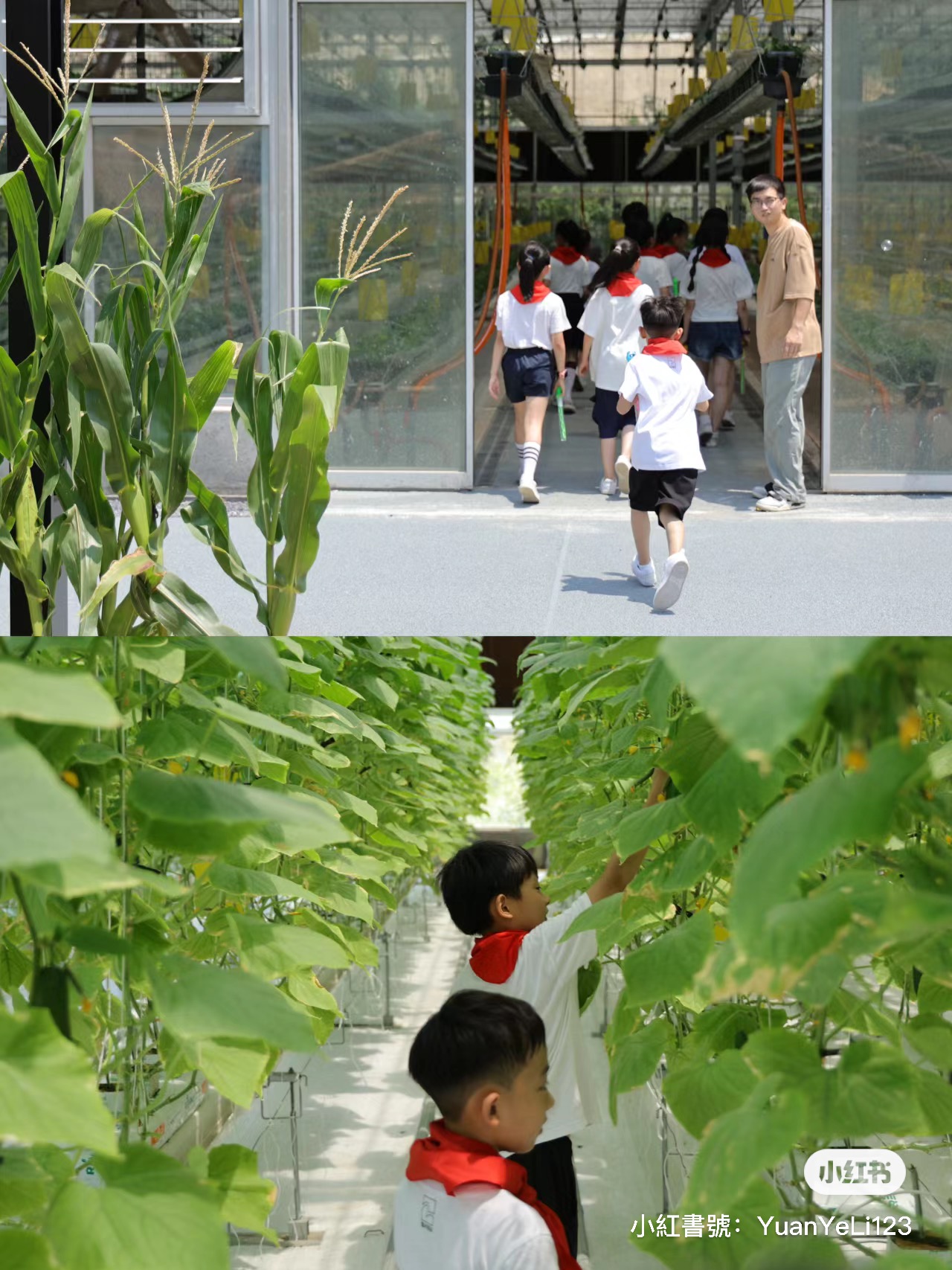
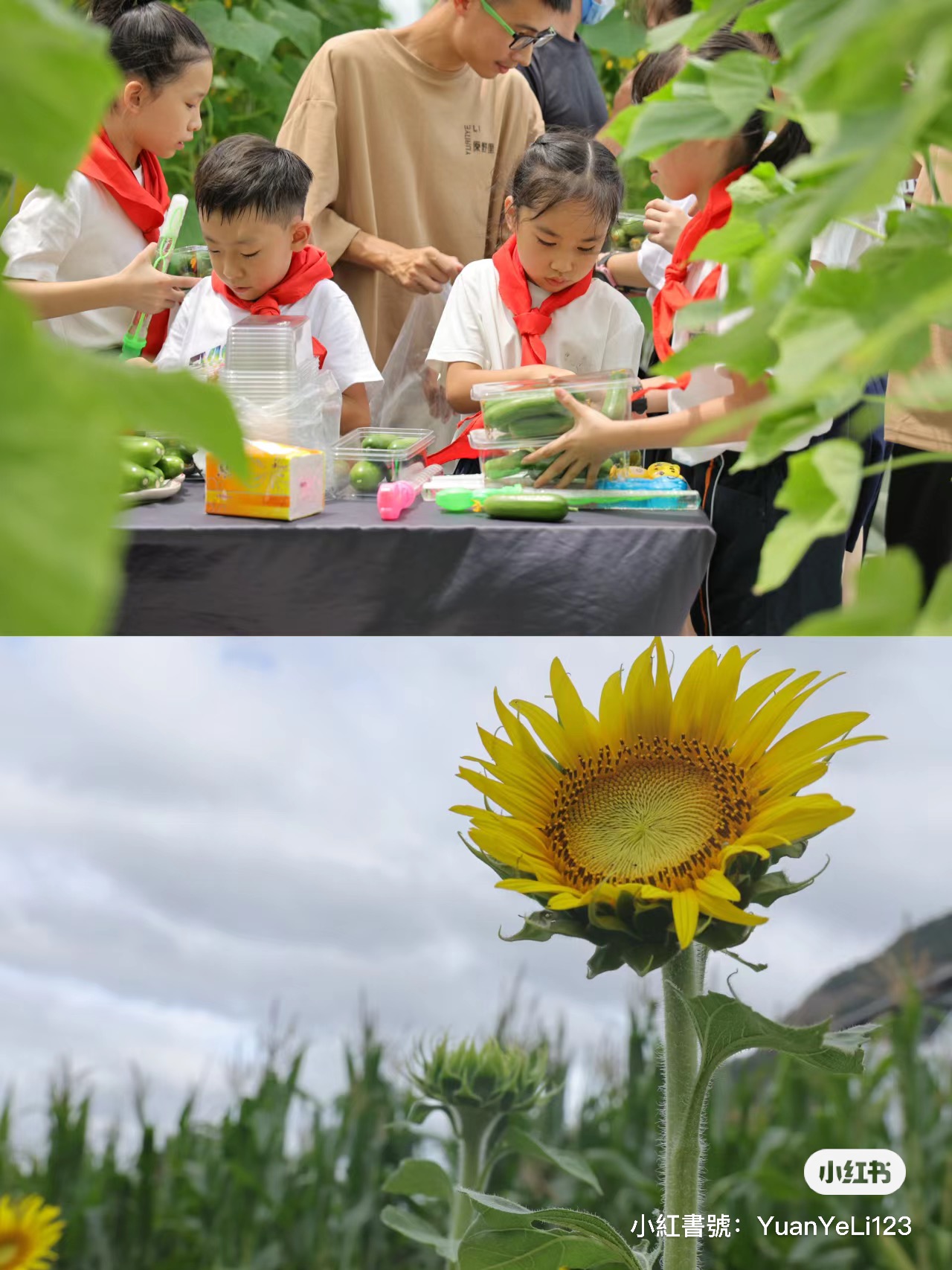
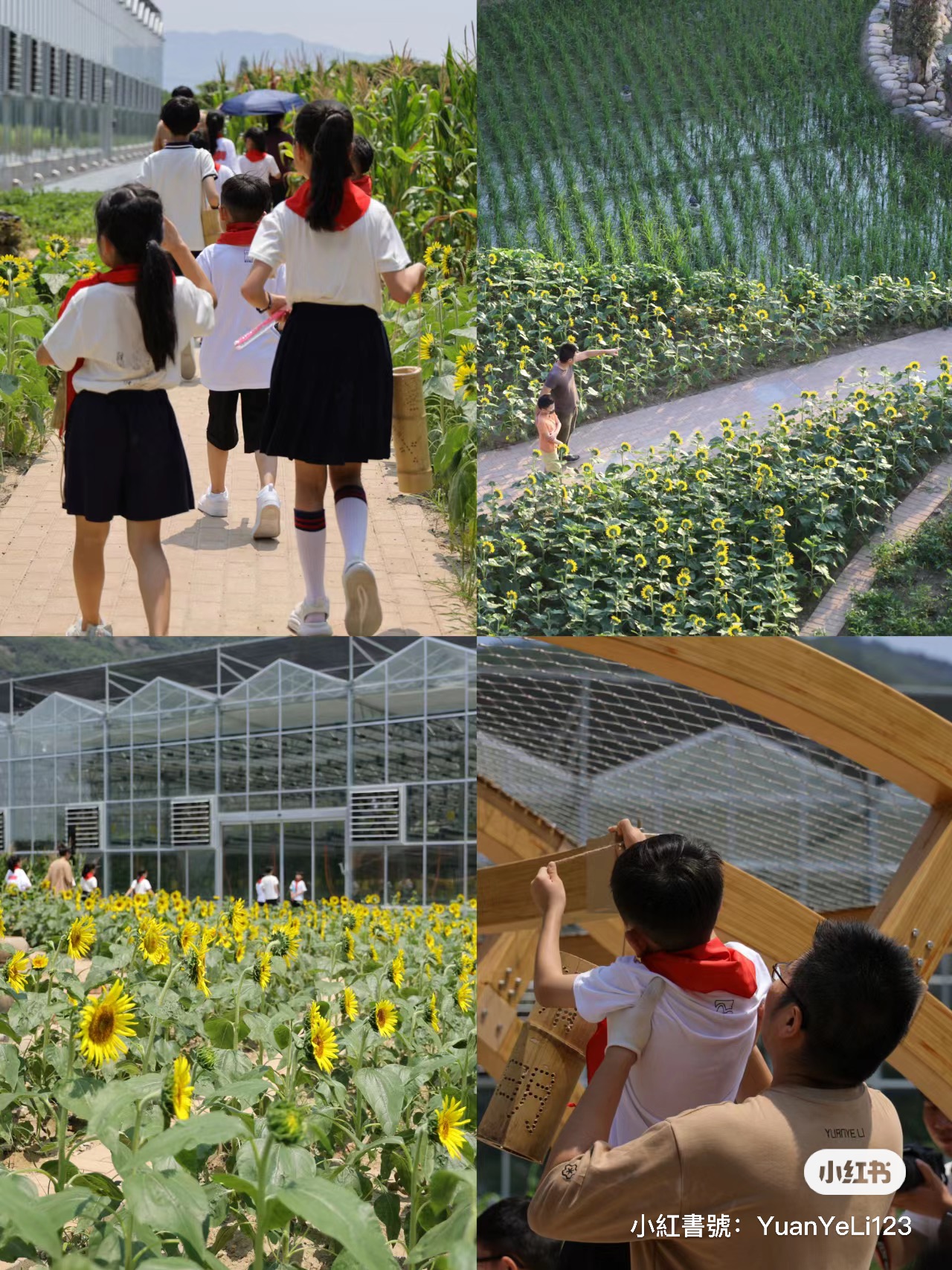
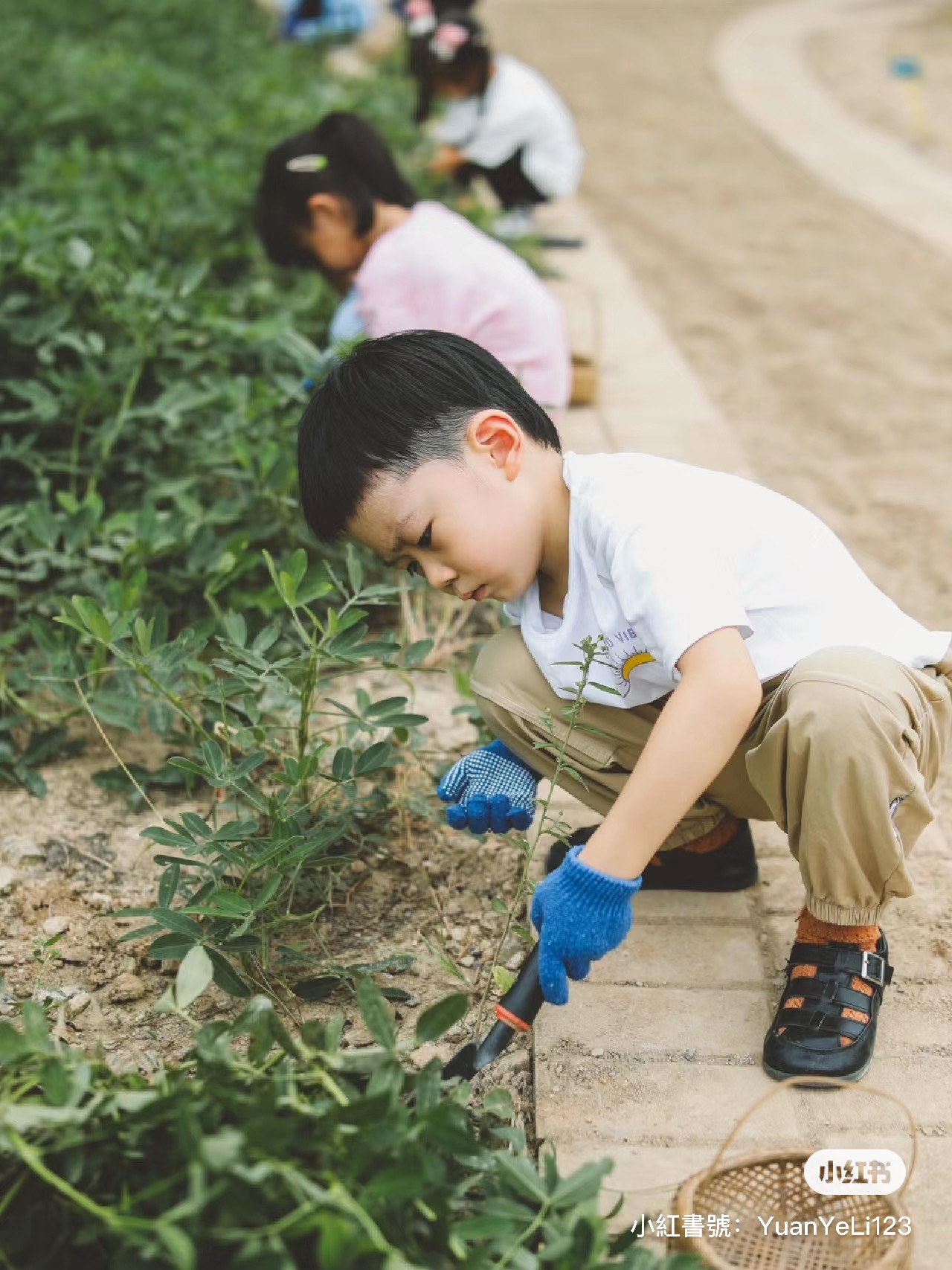

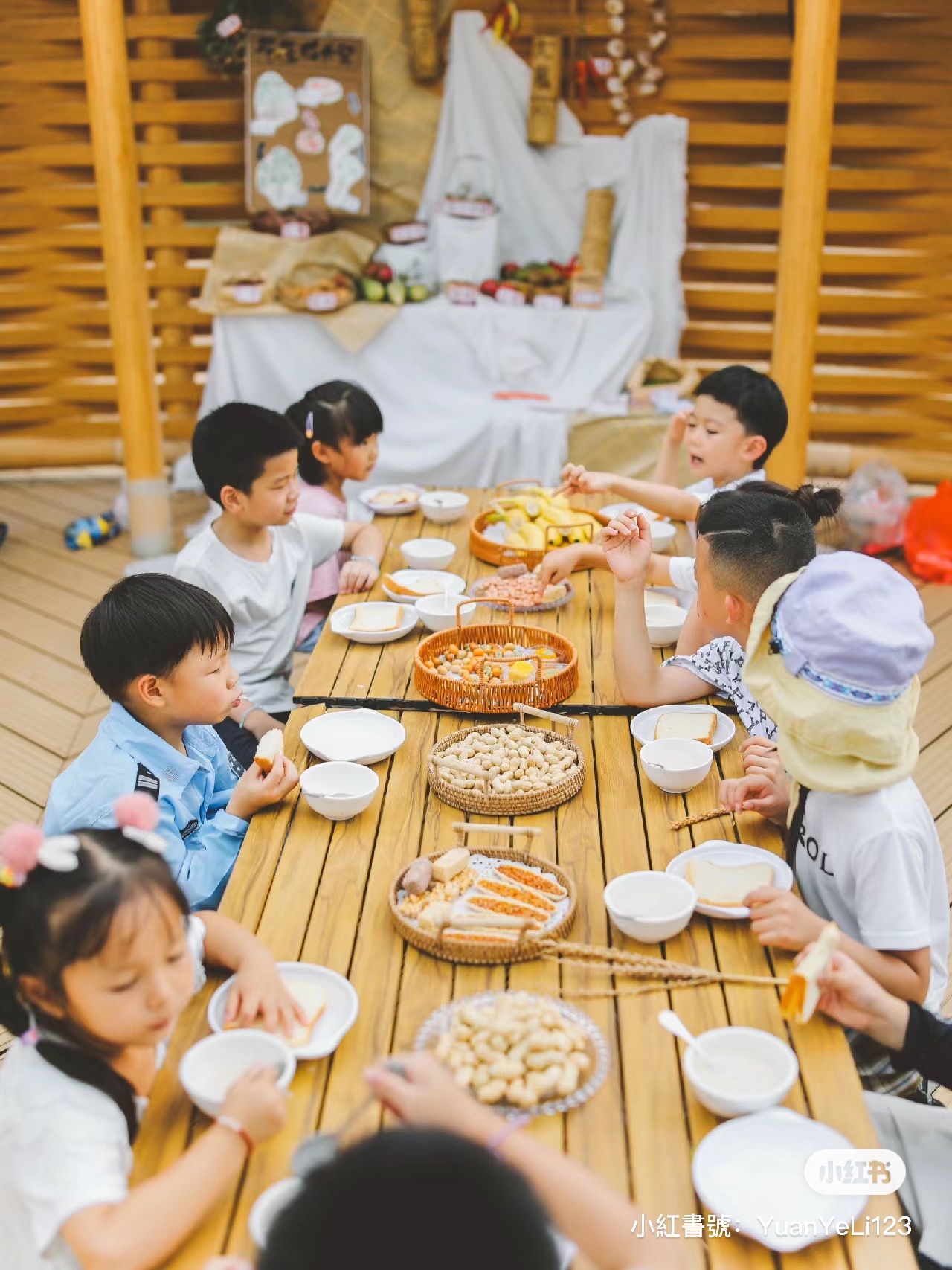
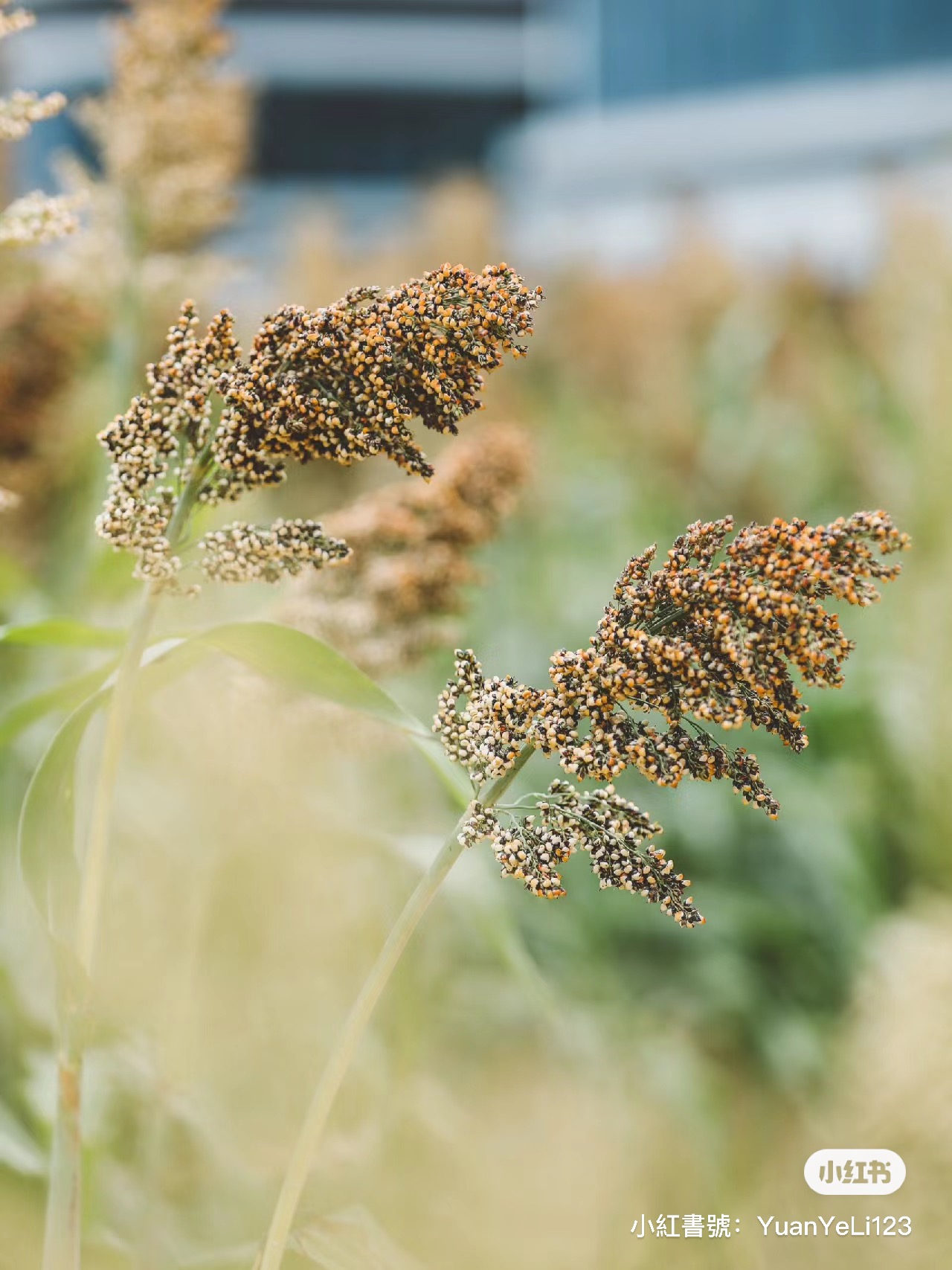
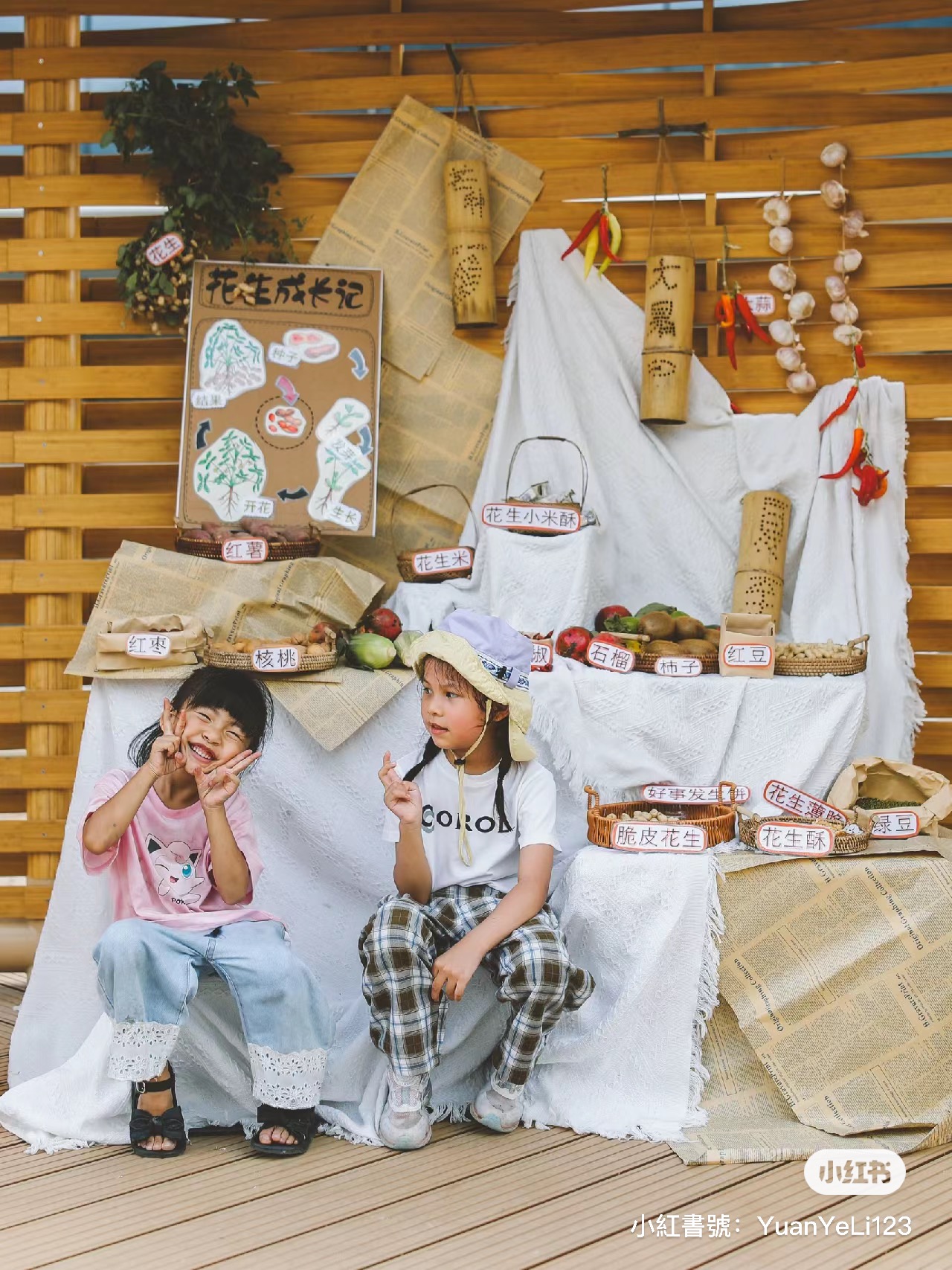

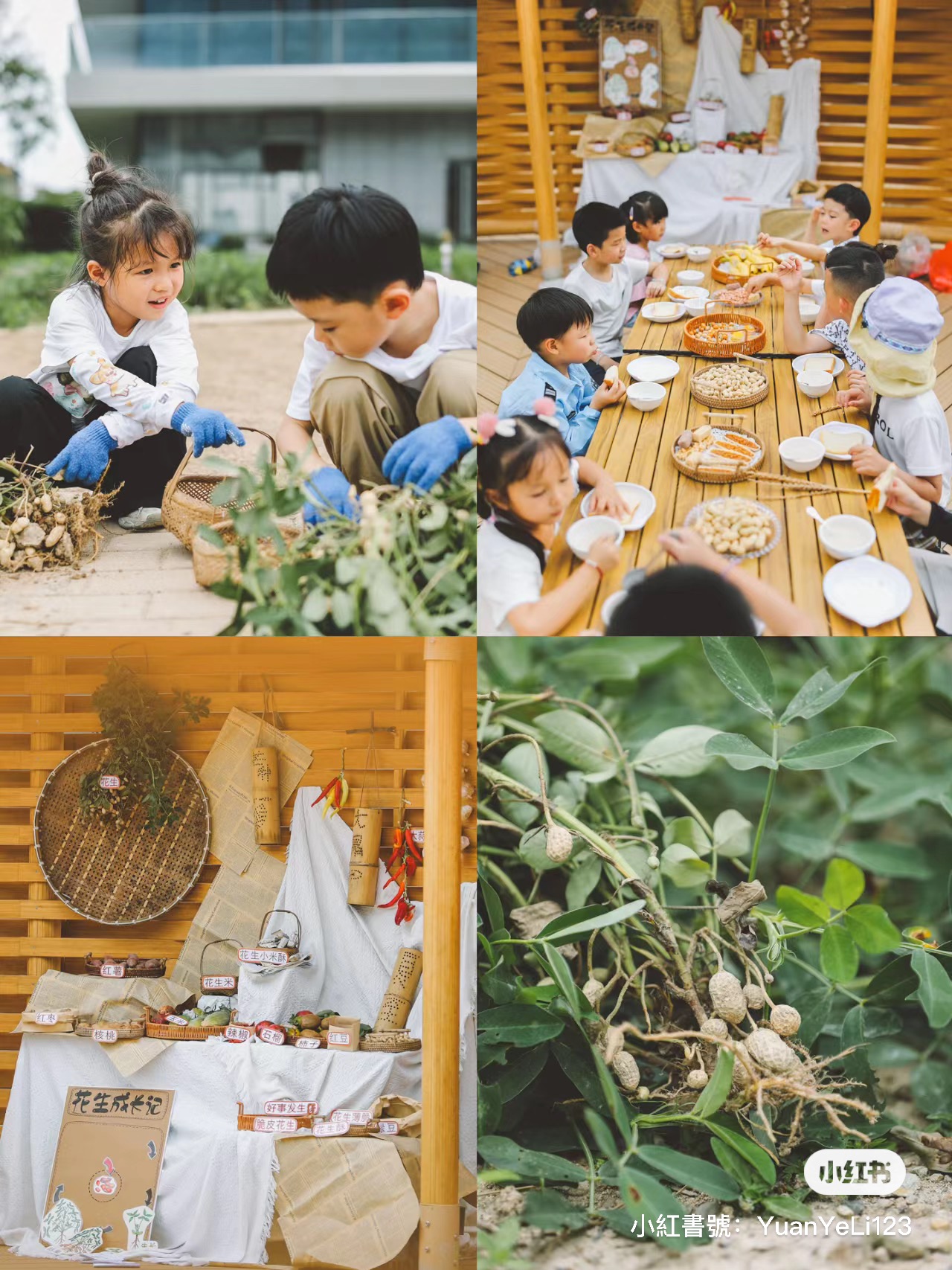
Programme Delivery
Our farm project encompasses three essential phases dedicated to children’s education: Design, Construction, and Training.
In the Design phase, we conducted extensive school outreach programs to gain insights into the specific needs of teachers and students regarding agricultural education. Our objective was to blend traditional Chinese farming practices with new technologies, ensuring a comprehensive learning experience. The design of the farm was informed by these principles, with a focus on the 24 agricultural seasons that dictate the project site layout. The masterplan incorporates radiating circles emanating from the 4-season pavilions, resulting in a cohesive design for the 16,000m2 site. Notably, half of the site is dedicated to an indoor farm featuring six distinct farming technologies, showcasing sustainable food production in urban and rural contexts.
During the Construction phase, we prioritized sustainable materials, utilizing mass timber, bamboo, salvaged stones, and locally sourced soil for 50% of the construction materials. Engaging children in the construction process served as an educational opportunity to highlight the importance of sustainable building practices. Our construction workshop taught children how to utilize rapidly renewable bamboo to create lighting fixtures and art installations on-site. Additionally, children actively participated in cultivating a diverse range of farm species with culinary, cultural, and medicinal significance, fostering a strong connection with the local ecosystems. Sustainable water and nutrient cycles, achieved through rain collection and aquaponics, facilitated the thriving growth of these plants.
In the Training phase, children are immersed in hands-on workshops that cover both traditional and technological farming methods. Traditional farming practices are learned through fieldwork, providing insights into the meticulous care required for plant cultivation. Additionally, children engage with hydroponics and vertical farming techniques to explore the benefits and processes of automated farming. The introduction of robots on-site exemplifies how farming can be optimized through the integration of AI and technology.
Our farm project stands as a testament to our commitment to providing children with a comprehensive agricultural education that bridges traditional and technological approaches. By imparting knowledge and practical skills, we empower the next generation to embrace sustainable farming practices and contribute to the future of agriculture.
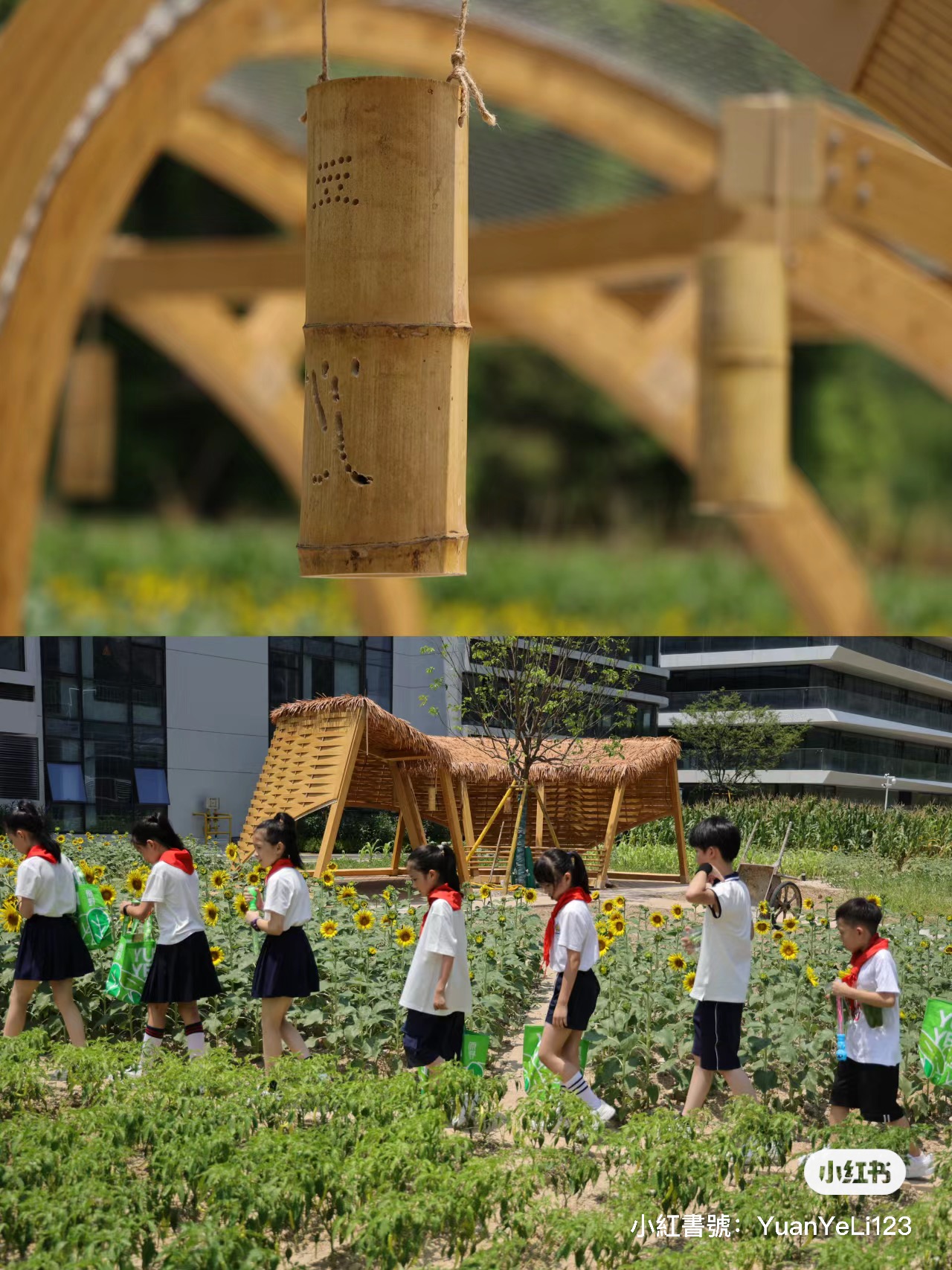
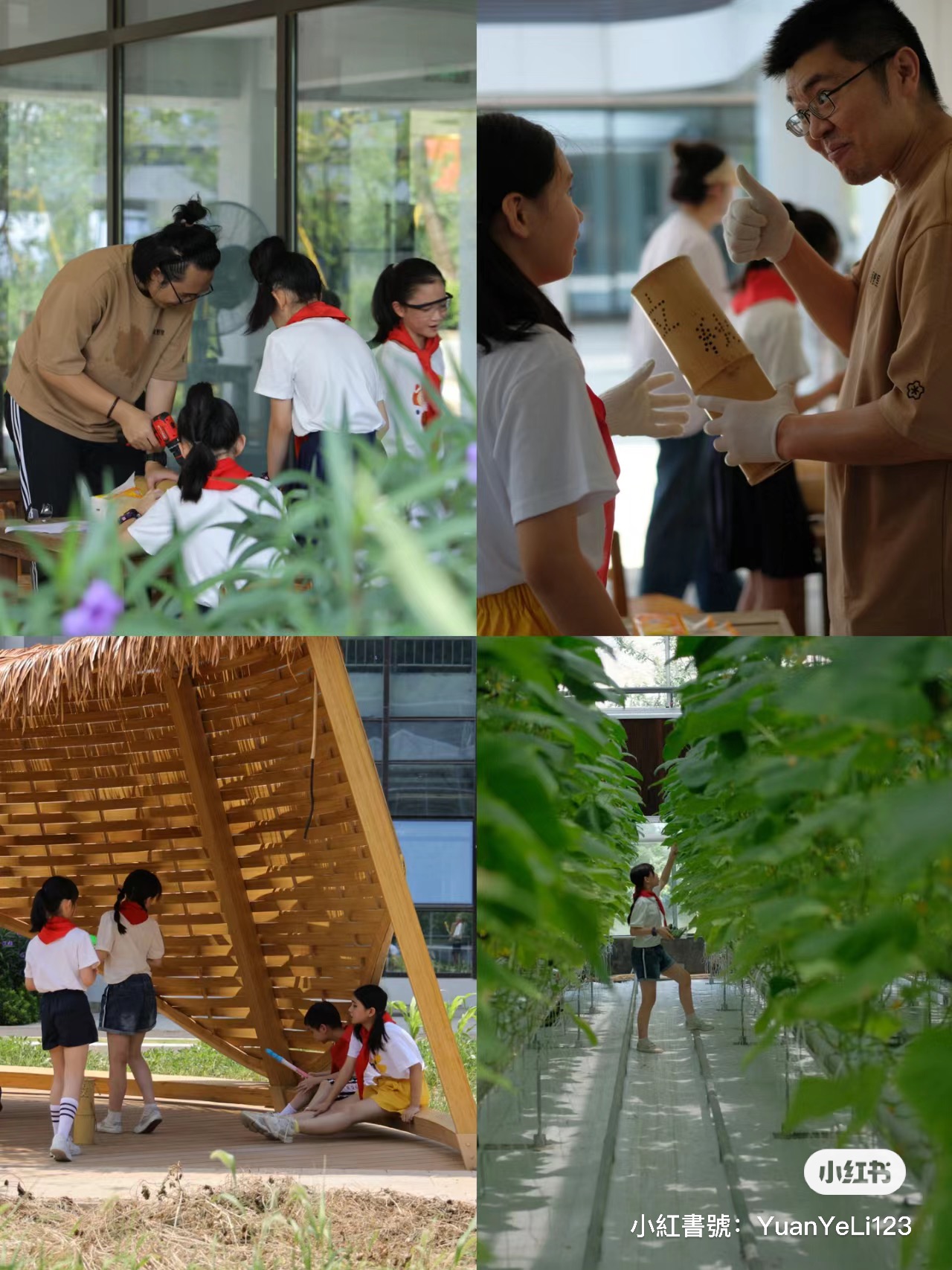
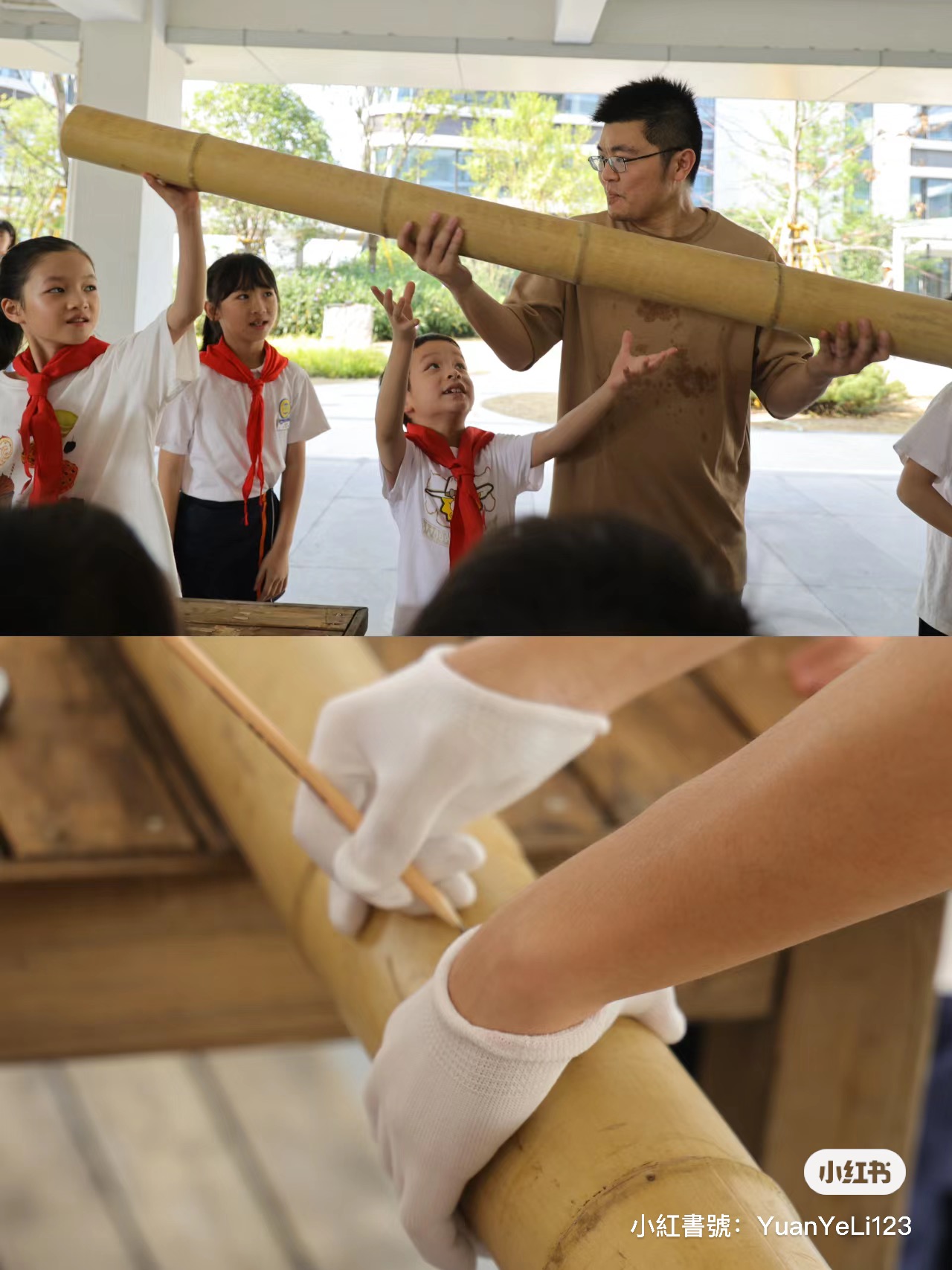
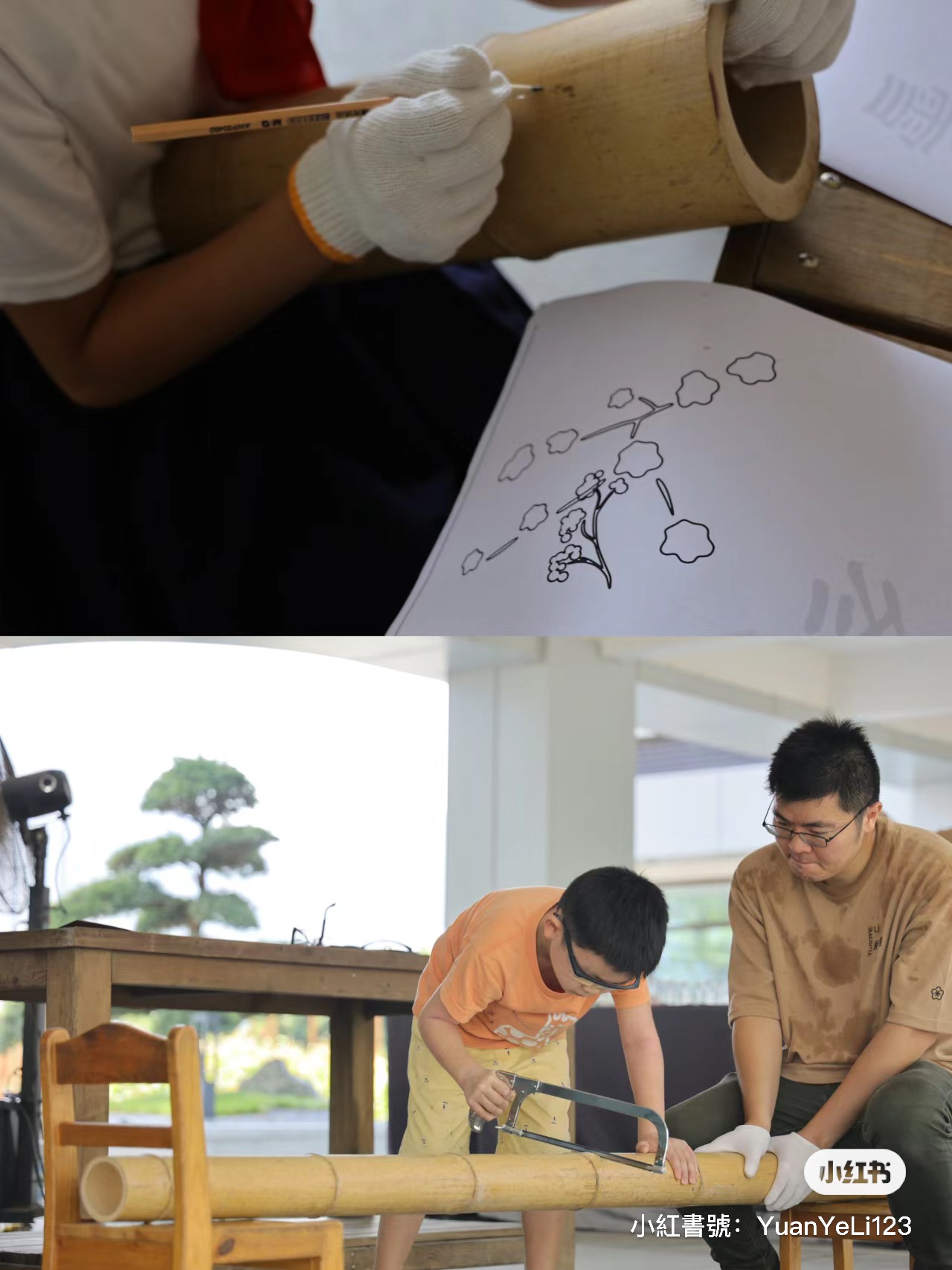
Design Insights
Net-zero construction: Through active participation in the construction process and the utilization of bamboo and salvaged materials, children have contributed to advancing our net-zero design application. By employing sustainable materials, we have achieved a remarkable 72% reduction in carbon footprint compared to other urban farms.
Circular ecosystem: The farm fosters a circular system where food and water are continuously recycled and reused. Children learn the value of waste reduction and repurposing, understanding that not everything needs to be discarded. They witness the transformation of waste into natural fertilizer and the recycling of rainwater on-site, instilling a sense of responsibility, respect, and care for food resources. The farm also supports a rich biodiversity, with the presence of 20 local species of insects, fish, and birds. Children discover the importance of inclusive environmental design, enabling harmonious coexistence with other species.
Endurance: Our program challenges children to endure physical hardships uncommon in more privileged settings. Tasks such as sawing bamboo, working under the scorching sun, and temporarily disconnecting from smartphones build resilience and persistence. Considering the impact of climate change on multiple countries, cultivating resilience in the face of challenging environments becomes crucial for their future adulthood.
Farming Knowledge: Feedback from children and parents in pre-and-post surveys indicates a greater enjoyment of spending time at the farm compared to indoor play areas and classrooms. However, it’s worth noting that the results vary based on weather conditions, with high temperatures impacting satisfaction levels. The farm acknowledges the need to further emphasize the rewarding aspects of hard work in a harsh environment, highlighting the importance and necessity of resilience.
Yuanye Li remains committed to improvement and optimizing the learning experiences for children. By fostering sustainable practices, promoting resilience, and instilling a deeper appreciation for the natural world, we aim to shape future generations with the knowledge and skills needed to address the challenges of the ever-changing world.
Yuanye Microfarm
Team
Client: Yuanye Group
Design Architect: Avoid Obvious Architects – Vicky Chan, Sam Chan, Evan Li, Andy Cheung, Subhiksha Bhoovarahan
Contractor: Yuanye Group

